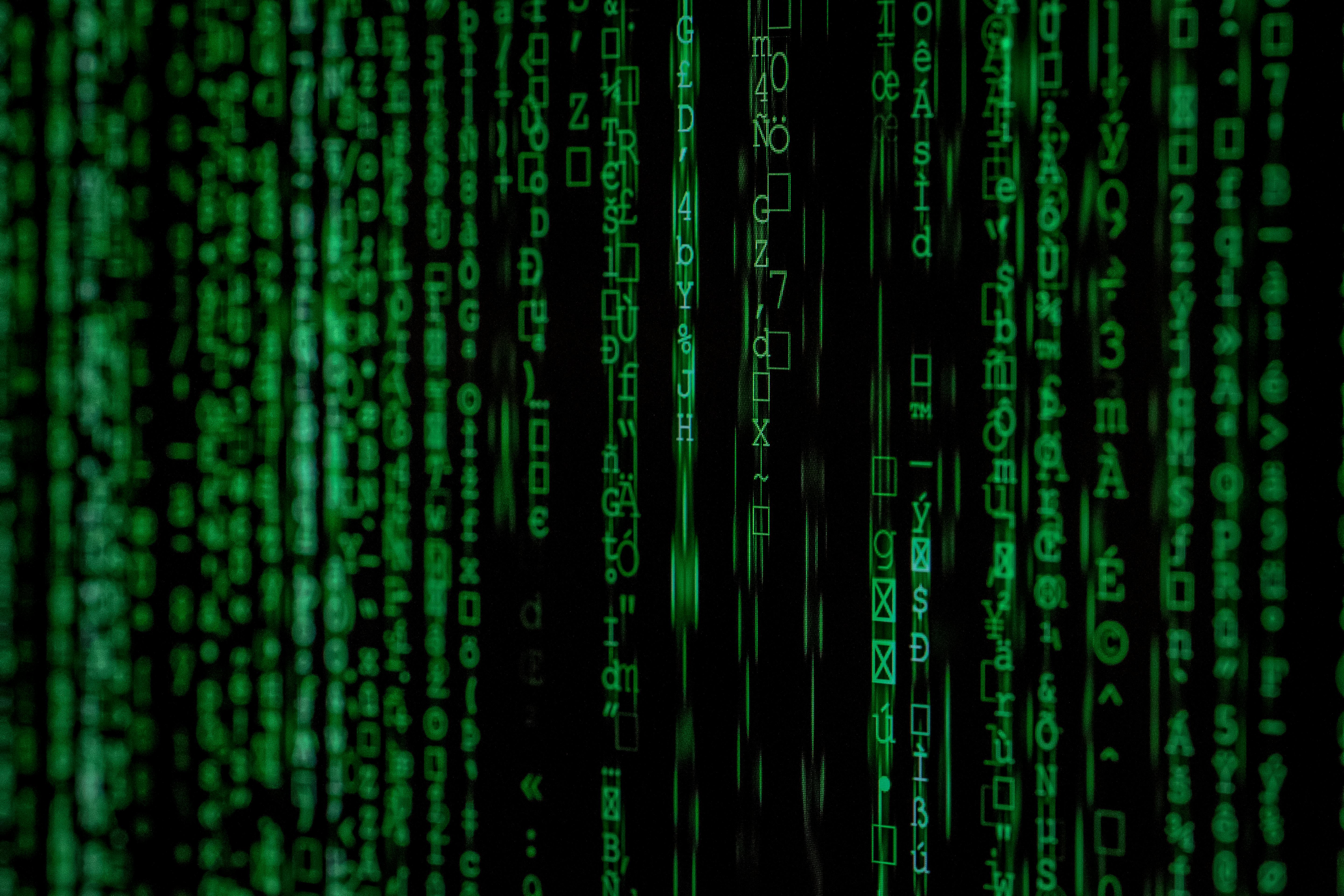Why digitize? – Riddles and answers

“You know nothing, John Snow!” (no spoiler) Well, it’s not that bad, but what riddles many people, companies and states (or: their leaders for that matter) is, why among the ten leading tech firms in the world appr. seven are of U.S. origin. That acknowledged, the subsequent question is: “And what now?” while the answers in that department seems to be for most users as riddled as the answers to the question of origin.
In other words: Everybody – professionally speaking – seems to be faced with digital content as well as digital devices to process this content somehow. And if you widen your range to handcraft people, even the brick layer has to be taken into account. But why should a construction company digitize their work processes when they are actually laying brick in the end?
Because the laid brick is just the end of it.
Let’s look at the chain of “production” here: A customer wants a brick to be laid and calls you. Then, your office takes the order, calculates the costs, buys necessities, plans a timetable, dispatches a worker (maybe you, if you are self employed) – and he or she will lay that brick.
Before the brick is actually laid, many other steps have to be made. And they are heavily relying on what is called organization or sometimes bureaucracy, because organizing your office is nothing else than shifting letters, files and data back and forth and making the whole thing somehow controllable for your routine.
How digitization is gonna hit you (and your company)
You can and maybe did this with paper and pen and maybe you are still doing this with paper and pen – and maybe it is working out fine, still. But while you are doing so, more and more people are using digital devices in many other areas of their life, or at least many other companies are using digital devices in many other areas than where your company is operating in.
With these devices, they are entering (still) new areas of communication and channels of information. You name it: Facebook, Twitter, Instagram, newspapers, TV channels and so forth. Even if newspapers and TV might sound comparably old, the fields they are plowing these days have changed tremendously.
A changing environment
Back to you: While you are using your pen and reading your paper-news, clients may look for you on different channels and they might expect a different form of communication from and with you. In other words: Your environment is changing.
This is most likely nothing new to many users, especially those reading a blog on the internet (where else can one read a blog?).
The current hot issues at hand therefore do not lie so much in using digital devices (except for those, still merely using pen and paper), but in the system in general and what system theory calls the double contingency:
That means, Twitter, Facebook, Instagram, Pinterest, or Snapchat on a rather private basis, as well as the content management tools Redmine, Basecamp, Confluence, or SharePoint etc. on a professional basis, are all pieces of a puzzle that nobody is very sure right now about how the tiles are gonna fit together – let alone: work together.
Action – and reaction
Now, the riddle is consisting of how to act and react towards the given set of possibilities. If you are not a game changer like Google, what do you have to prepare for in order to make the right move when it is called for? Will Twitter survive or will the E-Mail be abolished? Will press and journalism still play a role and how do I save the knowledge of my company or at least that knowledge which is important for my responsibilities?
Yes, there are answers out there. A lot.
But none of them grasps it all, because there are many “papers” and even more “pens” these days – and, to top it all, they are changing quickly. Especially the latter seems to frustrate many players (game theoretically speaking), since only a few are keen to make an investment into a solution which half-life can’t even be determined.
But, doing nothing doesn’t seem to be an option either.
So, Jon Snow may keep on gathering information as he keeps on walking.